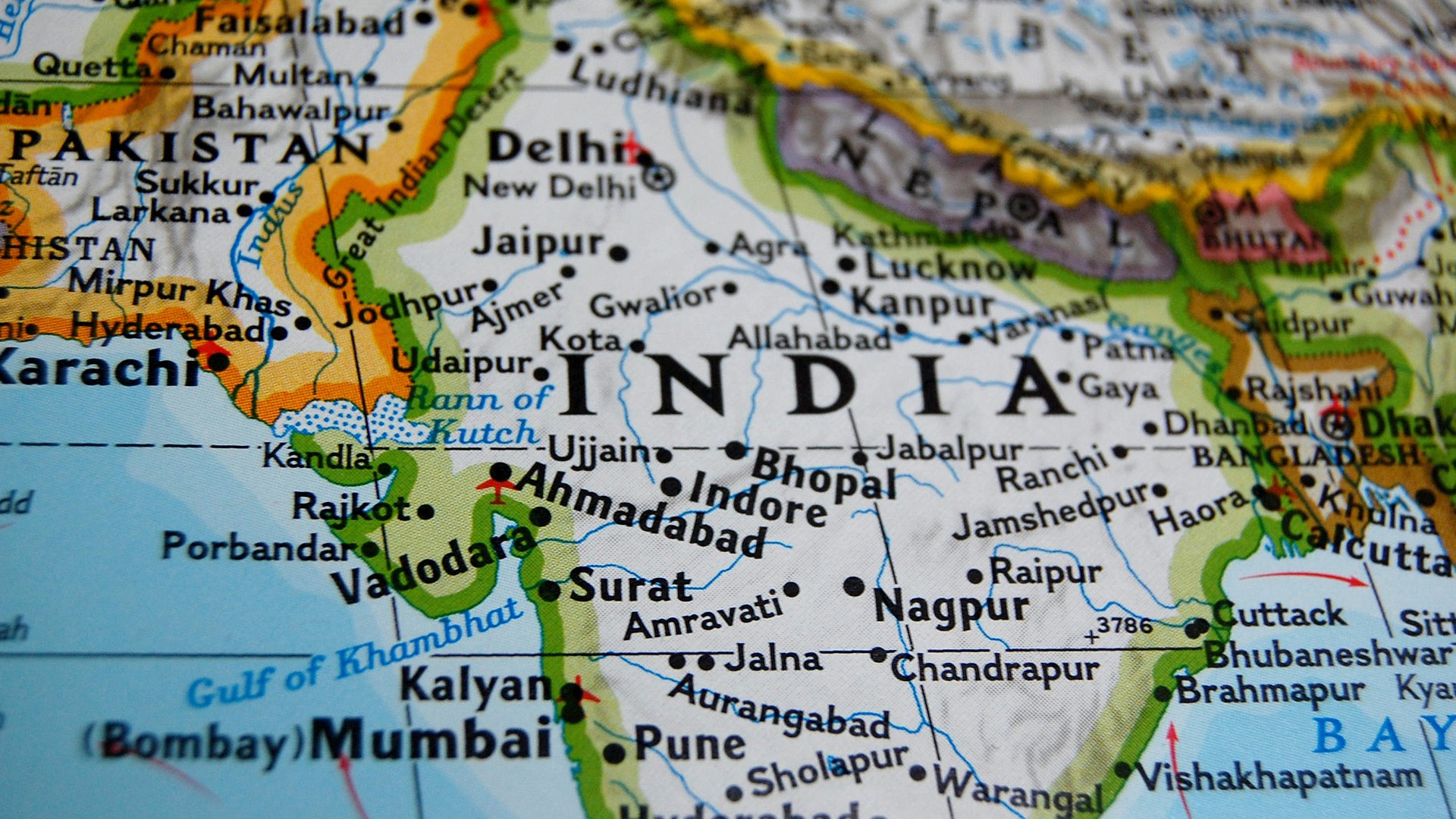India’s judiciary leads in brand protection as EU, US play catch-up.
India’s judiciary is rapidly reshaping the rules of online commerce, pushing platforms into unprecedented responsibility for counterfeit control. The Delhi High Court’s deployment of “dynamic injunctions” requires Amazon, Flipkart and others to remove infringing listings not just once, but continuously, extending to future sellers, URLs and product variations.
The approach contrasts starkly with the United States, where courts limit marketplace liability to cases of specific knowledge or wilful blindness, leaving brands to police most infringements through repeated notices. Amazon and others offer in-house brand registries, yet judicial remedies remain fragmented and reactive.
In Europe, the new Digital Services Act sets strict “notice and action” rules, complaint systems and risk-based obligations for very large platforms. The Court of Justice’s Louboutin v Amazon ruling also opened the door to direct liability where platforms blur the line between their own offers and those of third-party sellers.
By comparison, India’s judicial activism goes further, shifting platforms from passive hosts to what lawyers describe as “co-custodians” of intellectual property. Consumer complaints about fake goods have soared, and rights-holders welcome the speed of court-mandated takedowns.
For small and medium-sized enterprises (SMEs), however, the picture is mixed. Dynamic injunctions promise powerful protection that once lay beyond their reach, reducing the need for endless filings. Yet the initial cost of litigation remains a formidable barrier, potentially leaving smaller domestic firms exposed while multinational brands take advantage of the new legal tools. Lawyers caution that unless court procedures are streamlined or subsidised, SMEs could remain on the margins of enforcement.
With the proposed Digital India Act poised to codify these innovations, the country may soon embed its courts’ aggressive stance in statute. For global brands, SMEs and counterfeiters alike, India might have become the jurisdiction to watch.





















